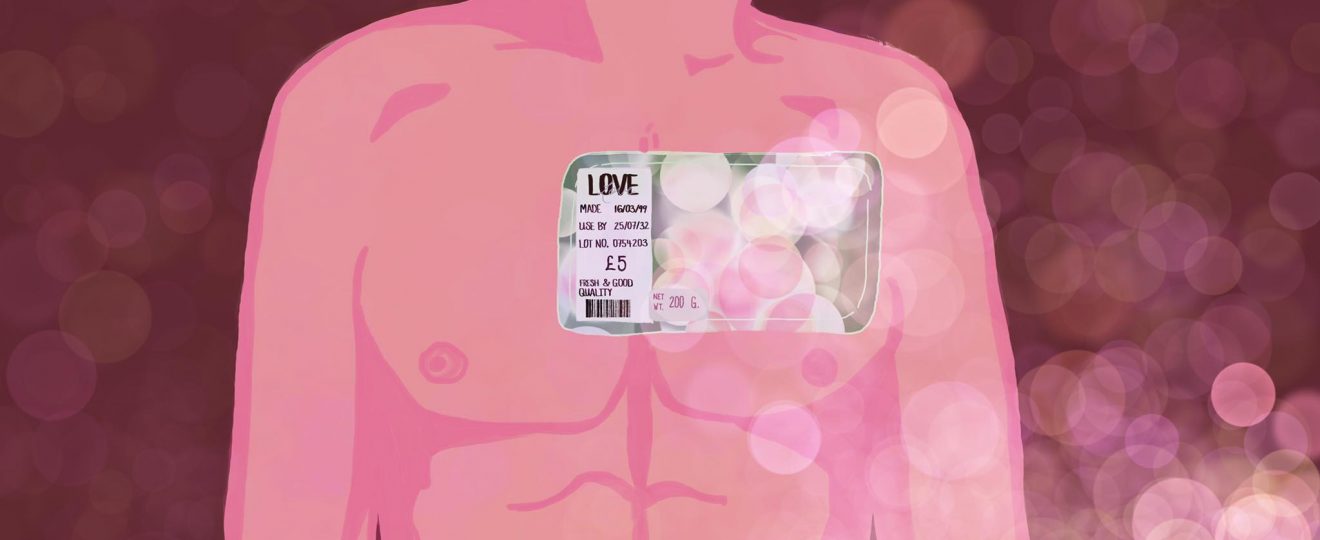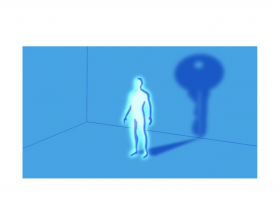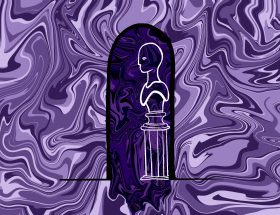When asking my friends and family this question, the overwhelming answer was at first ‘sometimes yes, sometimes no’. Then when I pressed them to answer in more detail, it became apparent that usually their view (if they really had to think and be honest) was that romantic love doesn’t last, it will expire. My mother insightfully told me that ‘love inevitably changes because people change, and romantic love is based on the new and exciting’. The implication of this was that romantic love will change as the people within the relationship change, because the relationship cannot always be new and exciting. The romantic love won’t last, but hopefully love of some form will.
My father, who has been happily (as far as I can tell) married to my mother for over 30 years, said that the only version of romantic love that lasts is ‘love that is for a person because of immutable qualities. Not transient ones.’ He went into more detail for me, defining romantic love as ‘Romeo and Juliet love’ which is self-serving and dramatic, and needs recognition, praise, and excitement. The expiry date of romantic love is when those features begin to fade. In order to save the relationship, the love must mature. He says that ‘just wanting the romantic love but not being able to put in the work when the going gets tough means never reaping the benefits of a mature relationship’. From this I can assume that the type of love that lasts is a romantic love that can develop into a selfless, caring love that facilitates coexistence. We need to be detached from the idea of a romantic love which, according to Google, is focused on passion, emotion and desire. When that romantic love has faded, that is not a failure – the reality of romantic love is that it is based on transience.
Another of my friends discussed her fears of romantic love when I asked the question – that tastes inevitably change, and so it would be easy to grow tired of someone. A more pronounced fear of hers was fear of co-dependence, that she would be so immersed in her life with another person then wake up one day and realise she is no longer an individual, but just a part of a two-person collective. She would never want to grow to be the same as her partner, but always be a complementing flavour to them. The idea of romantic love lasting was not something she was worried about – she said that in a marriage romantic love can end, but if the two-person dynamic is strong enough it won’t matter if the romance has gone, because the couple will still care enough for each other. She said that her parents (who have been married for over 20 years) are most likely not romantically in love but are such a well-functioning pair that she’s sure they would choose to marry each other again, simply because of how well they work as a couple. She said that whilst they may not still be in love, they care for each other greatly and that seems to be enough. Her answer to my question was essentially yes, romantic love does have an expiration date.
The above answers interested me the most, and I think if I had read them a few years ago I would have felt indignant or sad at the thought that the idealised version of romantic love that has been fed to me by society and the media I consumed since childhood is a fallacy. Researchers at Harvard University found that when falling in love, the brain releases addictive chemicals that make romantic love so enticing. Which is unsurprising. Simultaneously, however, the part of the brain responsible for rational and critical thinking becomes dormant. This romantic motion of ‘falling in love’ lasts from six months to two years, and is incredibly detrimental to our lives, as it clouds our judgement and damages our ability to think critically. Naturally, this feeling of romantic love at the beginning of a relationship does not increase the chances of the relationship working. Professor of psychiatry at Harvard Medical School, Richard Schwartz, describes this process of love as infatuation – formed by dopamine and serotonin, it is obsessive, stupefying, indulgent and crazed. This is the romantic love our society teaches us to crave. Schwartz claims that, once the serotonin drops and oxytocin levels increase this obsessive love matures into a calm feeling that is much more the stuff of successful marriages than exciting wild romance.
It would appear that the trick is to encourage this second, more mature form of love and not to take the diminishment of that romantic love as failure. To do this it requires an altering of our perception of what true love is, and what kind of love we aspire to in our relationship. The question of whether romantic love has an expiration date is relevant only to those of us who care – if you aren’t pursuing a long-lasting relationship then this is of less importance. Our experience of successful relationships in the media is that this romantic love is the key – we need to deliberately and carefully change this belief. Romantic love is by no means a bad thing, but similarly it is based on feelings that cannot last forever, and so it must have an expiry date. The love we should aim for once this occurs is one based on mutual respect, selflessness and care.
art by Desiree Finlayson




